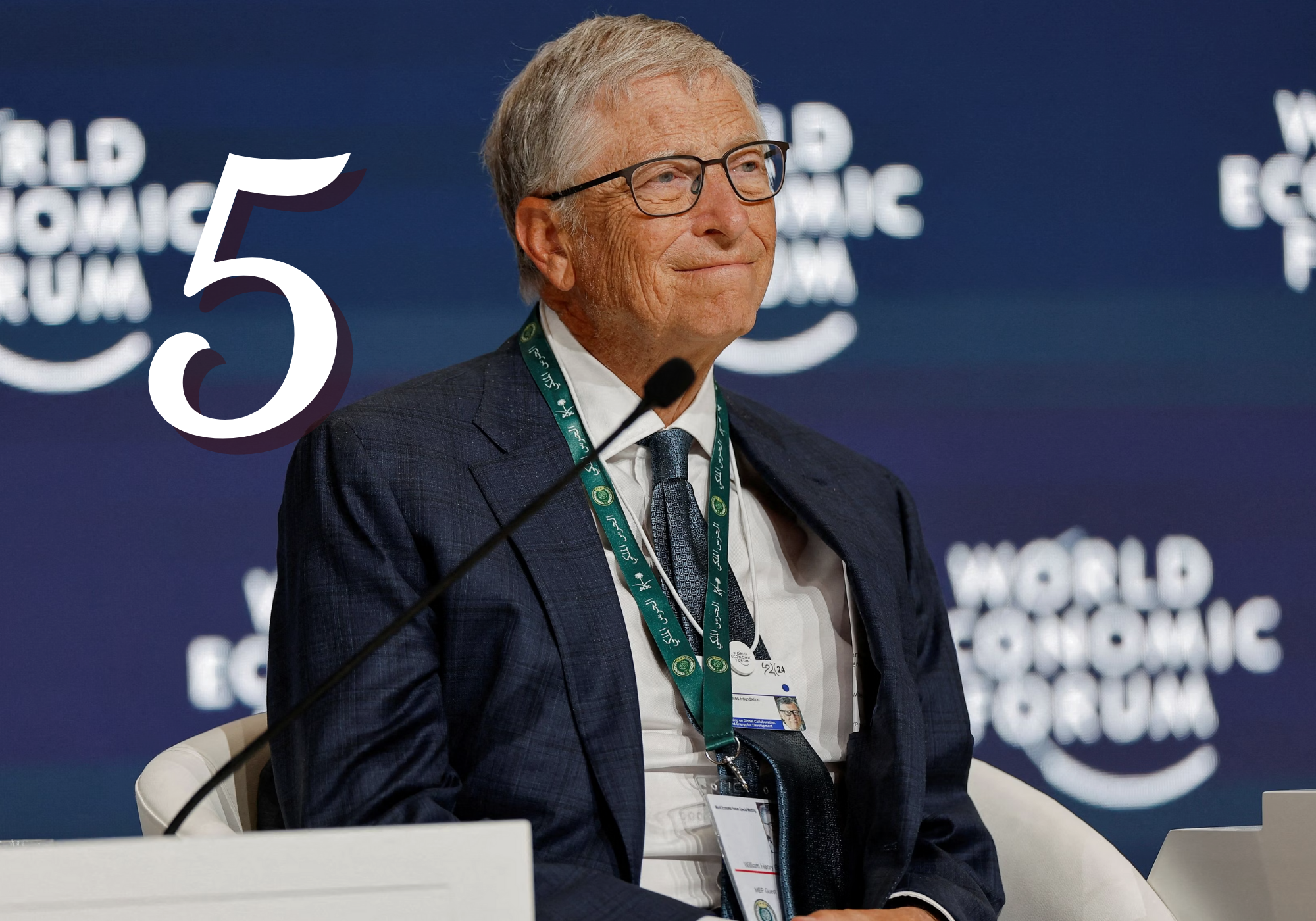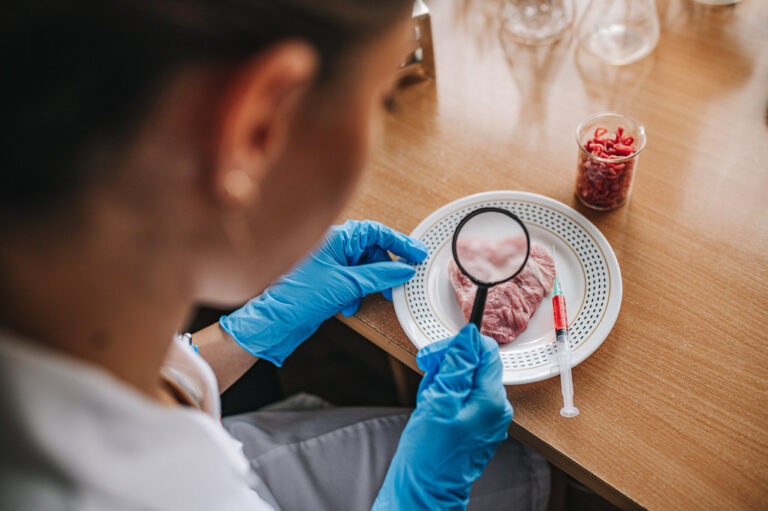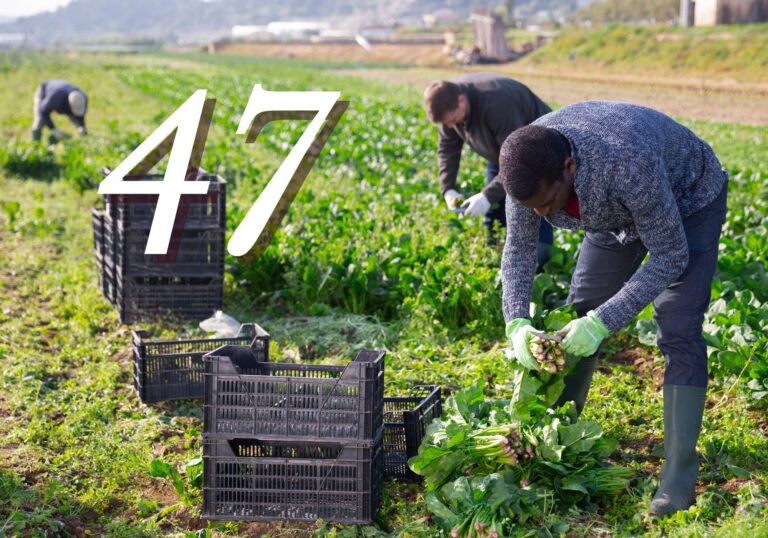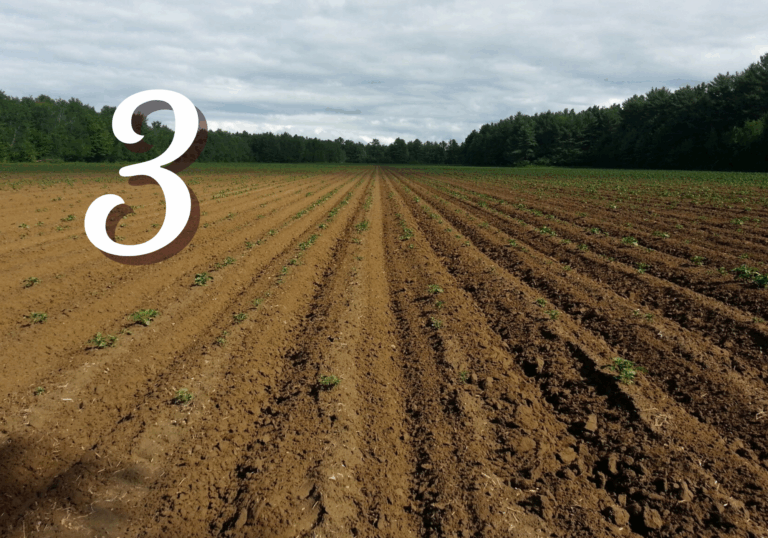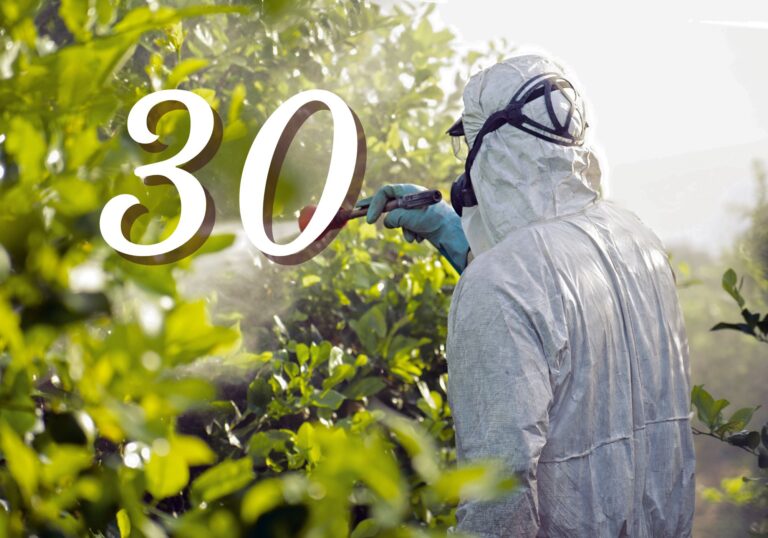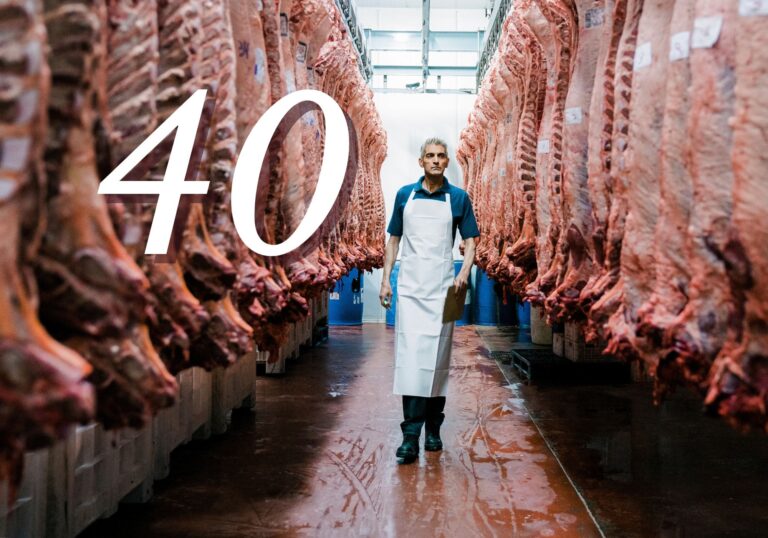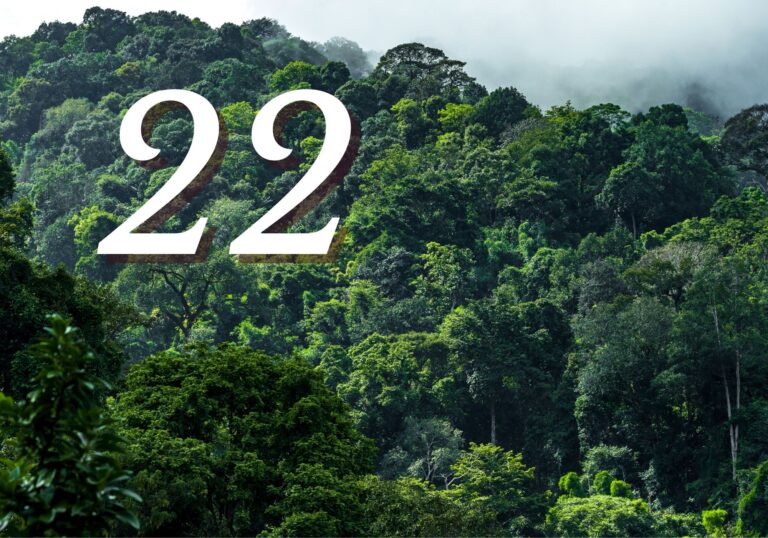Bill Gates’ Mysterious Land-Grab

Excerpted from our friends at FarmAction.us (see original article here: https://farmaction.us/2022/09/14/bill-gates-naive-farmland-investor-or-power-hungry-megalomaniac/)
“When you’re driving through the United States’ vast and scenic patchwork of farmland, tech moguls may not immediately spring to mind. And so you may be surprised to learn that the person who owns more of our country’s fertile, picturesque landscape than anyone else is none other than Microsoft co-founder Bill Gates.
The speed, size, and secrecy of “Farmer Bill’s” land purchases (many of which were made using shell companies) set off alarm bells for many people. Why does a tech-obsessed billionaire need more than 240,000 acres of farmland (that we know about), and what is he going to do with it all?
Gates himself claims the land is just a good, solid investment, but many, including U.S. Representative Dusty Johnson, are calling for an explanation.

… Even if Gates is buying vast swaths of farmland “just as an investment,” he is definitely contributing to a growing problem. There are concrete and verifiable consequences to absentee farmland ownership, whether it’s owned by an American corporation, a foreign corporation, or one solo billionaire:
- It increases land prices, creating a barrier for new or expanding farmers.
- It also empties and impoverishes rural communities, since distant owners do not reinvest their earnings from the land back into the community by shopping at local retailers, hiring community members, or relying on local services.
- A system that relies on leased farmland also robs wealth from the farmers themselves, no matter how good the lease terms may be. Farming does not provide farmers with an easy path to retirement; a farmer could lease land for a lifetime and end up with nothing, but land gives them equity in a stable and valuable resource.
- It is proven to discourage organic and regenerative farming practices: A farmer on a short-term lease isn’t going to invest in a long-term conservation measure, and land owners with no farming knowledge or experience don’t understand how important land conservation is for the viability of their asset.
- More abstractly but just as importantly, absentee farmland ownership is slowly but surely degrading our wealth of inherited agricultural knowledge. Historically, farmland has been passed down to the next generation, giving farmers an opportunity to transfer not only land but their own earned knowledge to the next generation. But corporations and absentee owners break that cycle — to our greater food system’s detriment.
Gates is also contributing to the concentration of power over a key component of the U.S. food system: the land itself. Though this country feels so big and our farmland seems limitless, we are actually losing about 2,000 acres of farmland a day. What’s more, half of it will change ownership in the next 25 years as farmers retire — giving corporations and billionaires like Bill Gates an opportunity to consolidate even more power over our food production.
Which leads to the real root of the problem: our food system is vulnerable to monopolistic control. Corporations and billionaires have been able to buy their way in and then influence how it works, affecting millions of people. In a more diversified and democratic system, no one entity could leverage this level of control and subject everyone else to the food security and national security risks associated with concentration.
… Ultimately, of course, we can’t know Bill Gates’s true intentions with the American food system. But based on the evidence here, we can draw some conclusions about his attitude towards regenerative farming — not to mention towards other people. At best, he is dangerously selfish and naive, not caring how his large-scale, high-tech experiments impact millions of less-powerful people, who never wanted these “solutions” in the first place. At worst, this power-hungry megalomaniac is seeking complete control over the world’s food supply — and is in a position to get it.
By implementing reforms that provide protections to farmers and ranchers and nurture our local and regional food systems, we can create a healthier, more democratic food system that works for us all.”
Written and designed by Dee Laninga; edited by Angela Huffman, Joe Maxwell, and Sarah Carden; research by Sarah Carden and Dee Laninga; concept by Angela Huffman.
